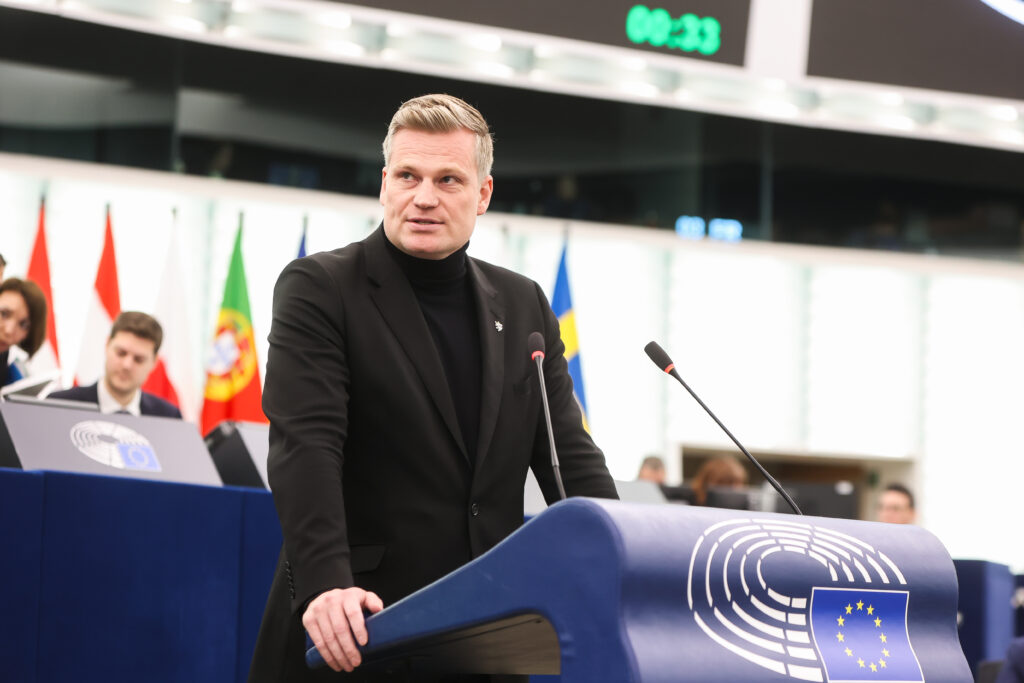BP likes to paint itself as one of the greener fossil fuel companies. But a new report shows it is the least prepared European oil giant when it comes to operating in a carbon constrained world.
Speaking at a press conference earlier this month on the oil industry’s latest ‘new’ efforts to combat climate change, BP’s chief executive Bob Dudley reassured members of the press, “We all absolutely realise the world will move to a low-carbon world. Don’t worry, we got it.”
But a new report published today by the Carbon Disclosure Project (CDP) suggests that statement may be overconfident.
The Paris Agreement requires countries to curb emissions in line with holding warming to two degrees above pre-industrial levels. That means leaving about two-thirds of known fossil fuel reserves in the ground.
CDP ranks 11 of the world’s largest fossil fuel companies on their preparedness to move to and operate in such a carbon constrained world.
The rankings are largely split along geographical lines, with European companies generally outperforming companies across the Atlantic.
North American companies Suncor, ExxonMobil and Chevron occupy the bottom three slots. Norway’s Statoil and European companies Eni and Total come in top.
The only UK company on the list, BP, is ranked fifth overall. But CDP’s analysis suggests it is the least prepared of all European companies to deal with a world in which policymakers are serious about pursuing climate targets.
BP scores particularly badly on metrics that look specifically at climate policy.
CDP gives BP a ‘C’ grade for its support of climate governance, and a ‘D’ for the way it manages emissions from its own activities. That’s better than ExxonMobil’s ‘E’s, but not as good as Statoil’s ‘A’s and Eni’s ‘B’s in those categories.
Credit: CDP, In the pipeline report
While it has one of the largest portfolios of non-fossil fuel assets out of all the companies, it is yet to commit to future spending on renewables.
Its internal corporate structure also doesn’t encourage efforts to diversify its portfolio away from fossil fuels.
BP doesn’t currently offer any bonuses to its executives for pursuing activities that could cut emissions, though it is due to review this policy again in 2017. Statoil, Eni, Shell and Total all currently offer their executives financial incentives tied to making climate friendly decisions.
Only 15 to 20 percent of BP’s board members have any climate change expertise. Again, that’s more than most of its North American competitors, but considerably less than the 40 to 50 percent that sit on Statoil’s board.
It also doesn’t seem to be expecting particularly rigorous climate regulations to come into force any time soon.
Most companies now include a carbon price in their internal modelling. The price allows them to stress-test the profit potential of their portfolios in a world with significantly increased climate-related regulation.
All the companies use a price considerably below that which academics have said may be needed for the world to hit the two-degree goal, which could be as much as $220. BP’s is around $40 per tonne of carbon dioxide.
That’s higher than Chevron’s, which uses the lowest price of $22. But it’s considerably less than that used by table-topping Statoil, which uses a price of $57.
As well as failing to show serious support for climate regulations, BP also struggles to contain emissions from its own activities.
It has the fourth highest methane emissions of all companies. Methane is a shorter lived greenouse gas, but has a much higher global warming potential.
Unlike most companies, BP did not tell CDP if it had an internal emissions reduction target.
And of all the companies, BP’s assets are the second most exposed to the risk of water stress, which is likely to be exacerbated by climate change.
The analysis shows companies are starting to pay some attention to potential of climate policy restricting their activities. But “more needs to be done”, according to CDP’s senior analyst Tarek Soliman.
“On both sides of the Atlantic international oil and gas majors need to look at how they fit into an energy system which achieves the climate goals laid out in the Paris Agreement. Our research shows that European companies have been more active in developing transition strategies for the coming decade – which is expected to feature peak oil demand, and are starting to implement these”, he said in a press release.
Thomas O’Neill, Research Director of thinktank InfluenceMap whose research formed the basis of the CDP report, echoed this call, telling DeSmog UK, “It’s good BP supports a price on carbon, but the future of its business will more likely be affected by the proliferation of renewable energy and electric vehicles. Regarding which, it continues to oppose renewable energy legislation in the EU and some of the most progressive transitional policies in the world in California through its membership of the Western States Petroleum Association”.
BP has not responded to a request for comment.
This article was corrected on 22/11/2016 to reflect that BP is no longer a member of ALEC.
Main image credit: Mike Mozart via Flickr CC–BY
Subscribe to our newsletter
Stay up to date with DeSmog news and alerts








